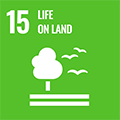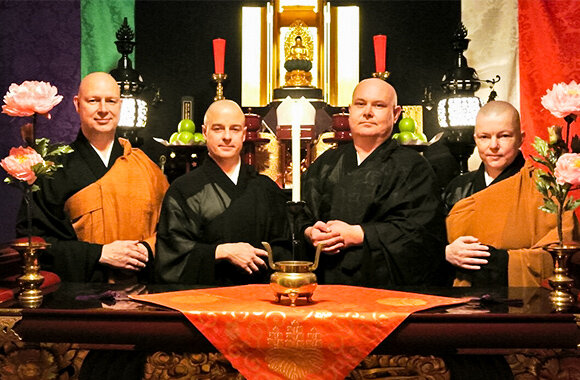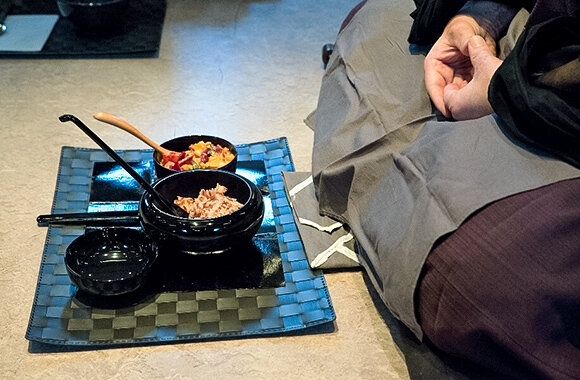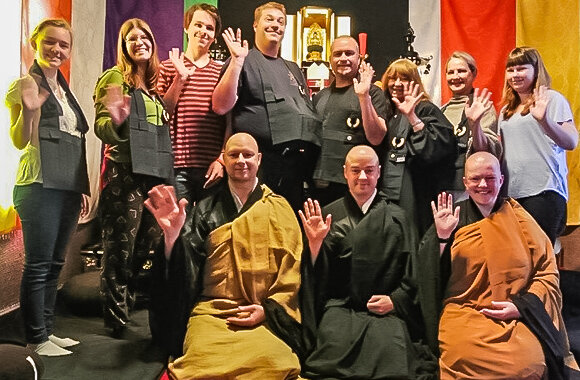Use of Cookies
Our website uses cookies to facilitate and improve your online experience.

I was fortunate to be born and raised on the southern tip of Norway, close to the ocean, forests and mountains. The Norwegian law (right of public access) ensures all people the right to enjoy nature as long as one acts respectfully and doesn't leave a negative imprint. We used to fish in the lakes and rivers and pick up berries for jam and lemonade to last us through the winter. Basically, we were raised in such a way so as to share, in a sustainable way. The word “sustainable” did not exist in my childhood. However, we learned to treat nature so that we could return year after year to harvest.

The Buddha taught us that greed, hatred and delusion constitute the major hindrances to happiness and freedom from suffering. In Buddhism they are known as Three Poisons. Greed can lead to hatred and hatred leads to the deluded mind that ignores the implications of our actions.
We remember the story from the Dhammapada, about two rival communities Kapilavatthu and Koliya who were in conflict with one another. They were prepared to go to war over the rights to control the river Rohni. For both communities water was of essence for irrigation of the fields and the source of sustaining their life. The Buddha managed to talk sense into the leaders of the two communities, thus preventing bloodshed.
Life on land is only sustainable when we live in harmony with the surrounding. As humans, we not only coexist with nature but also with fellow human beings.

In the Dhammapada, verse 355. the Buddha points out: “Riches destroys the foolish, but not those who seek the other shore. By this craving for riches the fool destroys himself, as he would destroy others.” Here we could add “Life on land”. It is of course possible to be both rich and wise.
Craving for more when already having plentiful, makes us loose the path. Life on earth is unpredictable and unfair. Some people are born in poverty with limited options in life, others live in abundance. Greed and unwillingness to share is not sustainable. Rich countries dumping their garbage surplus in poor countries is nothing else but the foolishness of the rich, who crave for more. Even at the time of the Buddha the rich threw away perfectly good clothing. The Buddha and his disciples gathered useable fabric from dump sites and made them in to religious robes.
When I first opened my oryoki (my own eating bowls) as a novice monk in a Japanese monastery, I became very emotional. Oryoki, which means “just enough”, was an overwhelming experience for me. Preparing, serving and receiving the meals as a ritual was a wonderful experience. Before being ordained as a zen monk I was a certified cook. I served in the Norwegian navy as a chef and later as a head chef at restaurants in my home town. The last twenty years I have worked as a special needs teacher which made me realize that all living beings have special needs. To live sustainably we need to realize the significance of less greed and more sharing.
Gassho
Reverend Sōzen Larsen Bugakuji Zen Temple Norway
